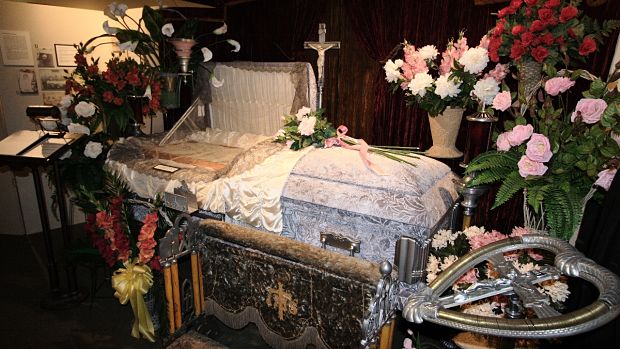The rest of the world can learn from Irish funerals
IRELAND – I encountered a young Irishwoman not long ago, who talked to me about having spent some time working in
Germany.
It was very rewarding and fulfilling, and she was glad to get away from Ireland, where, she felt, there were still some puritanical and inhibited attitudes to sexuality. In Germany, by contrast, she found people were much more open and natural in their attitudes to relationships and she thought that much better.


Leave a Comment
You must be logged in to post a comment.